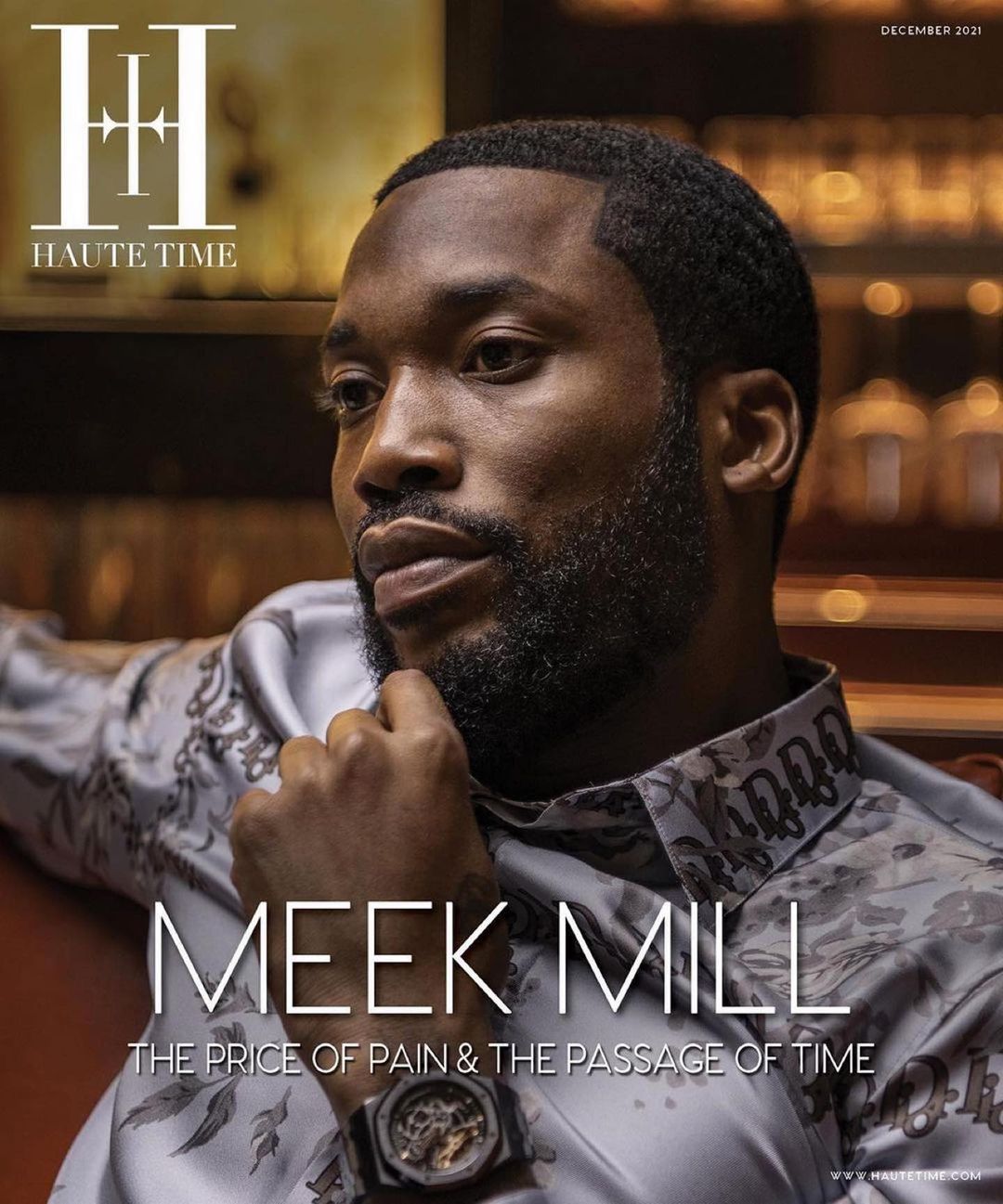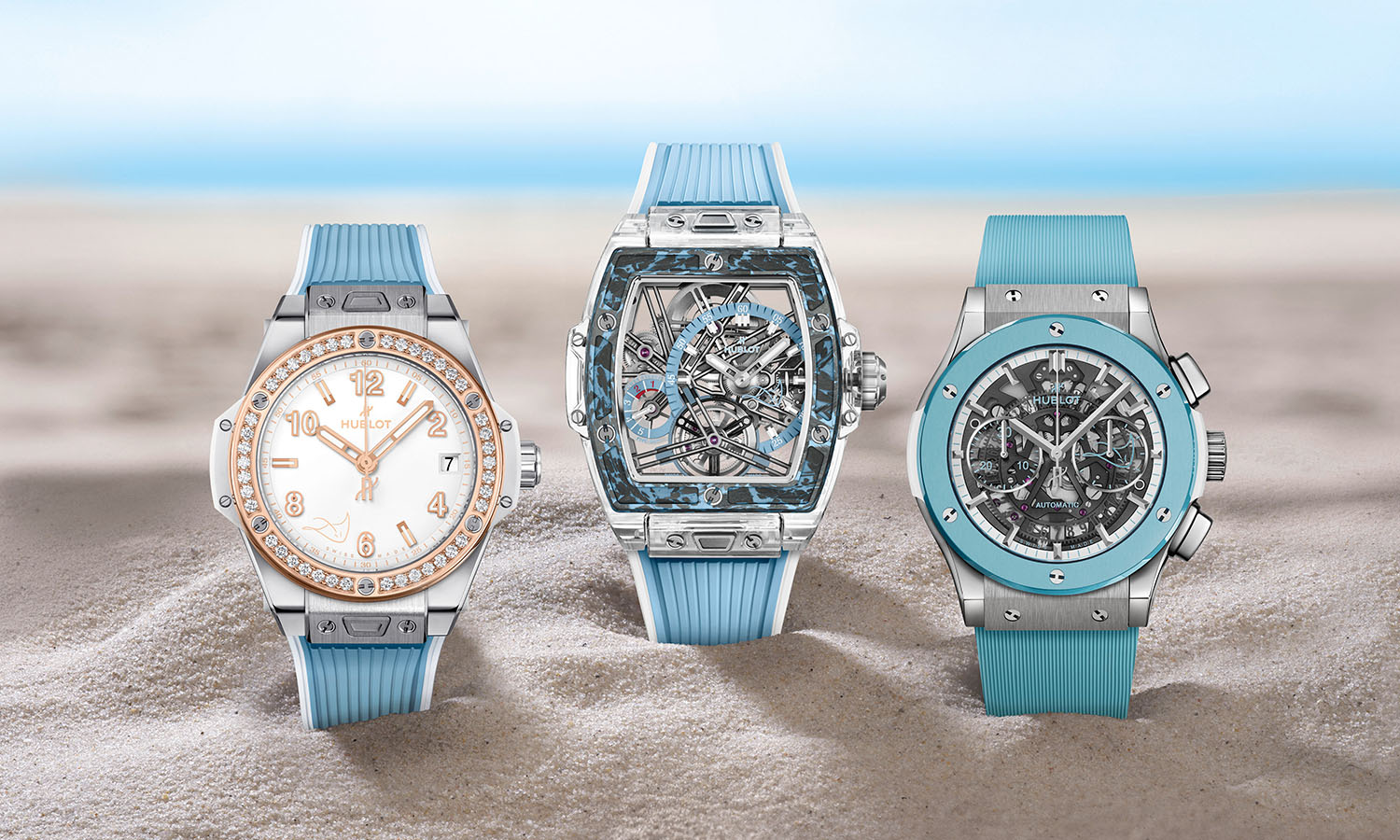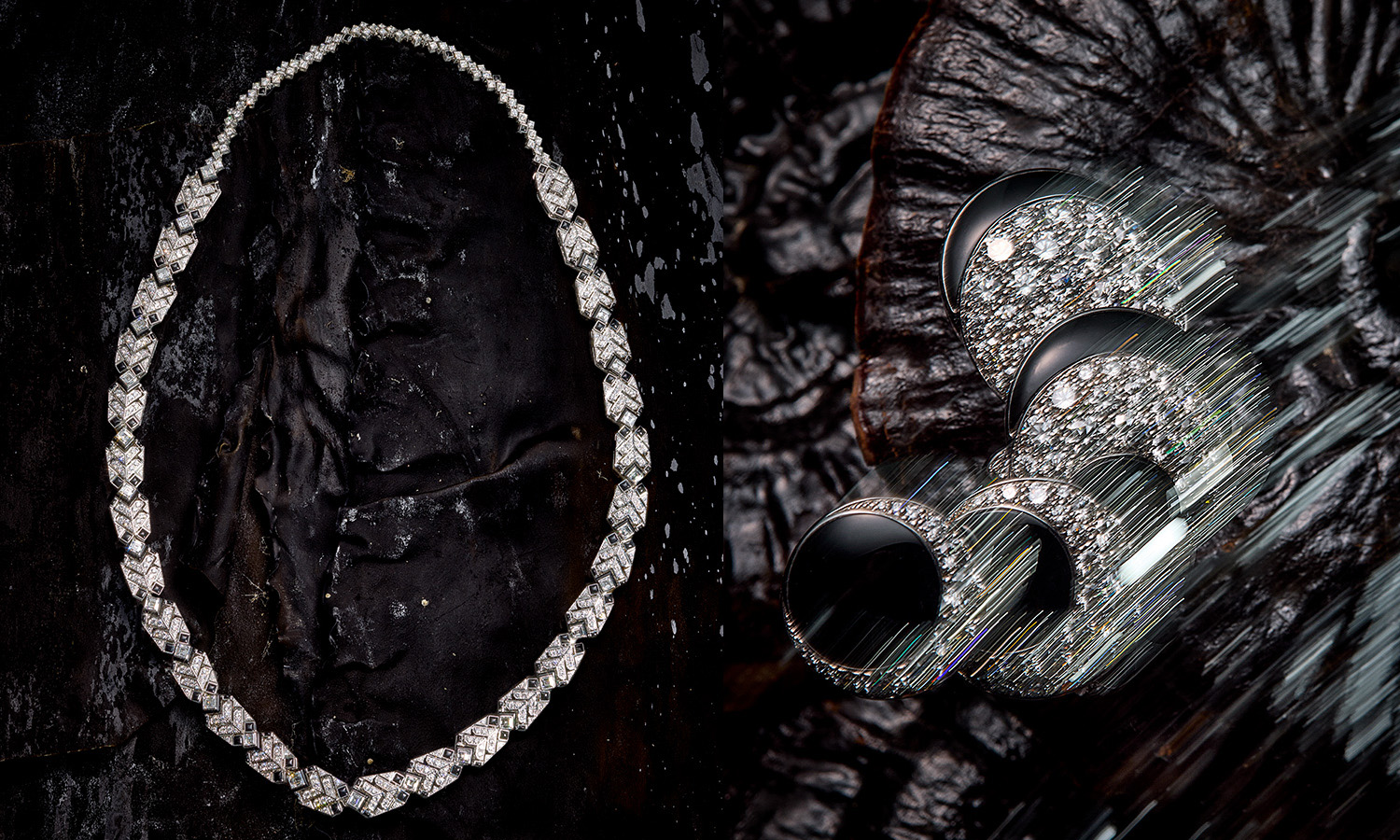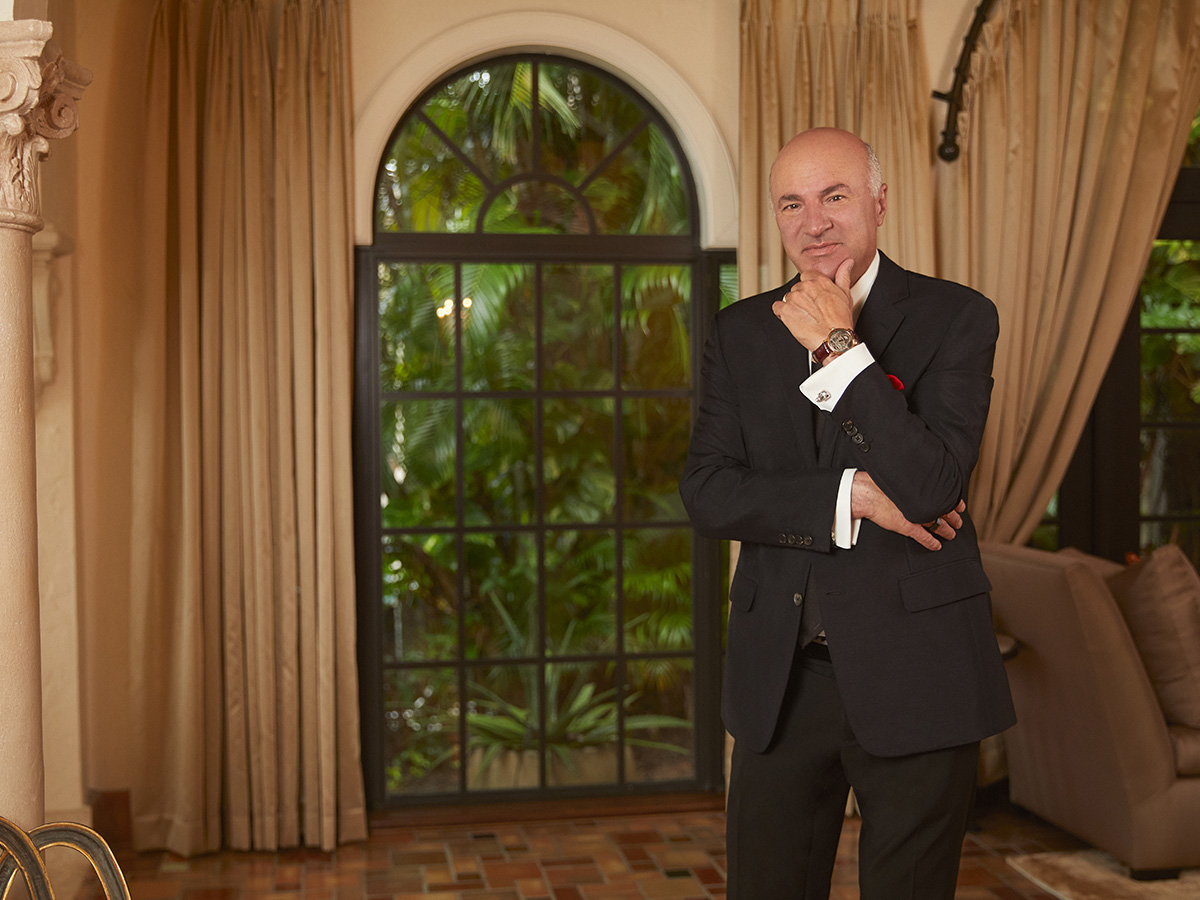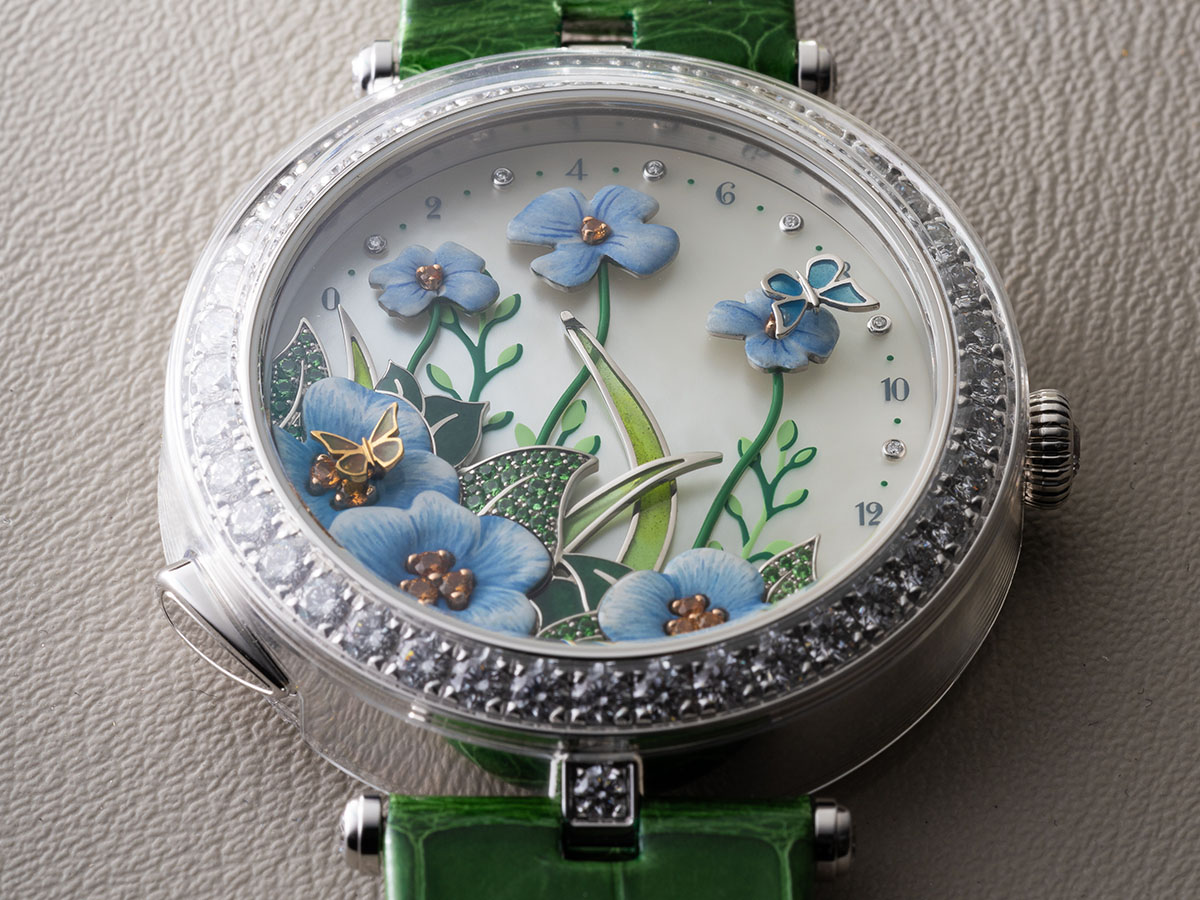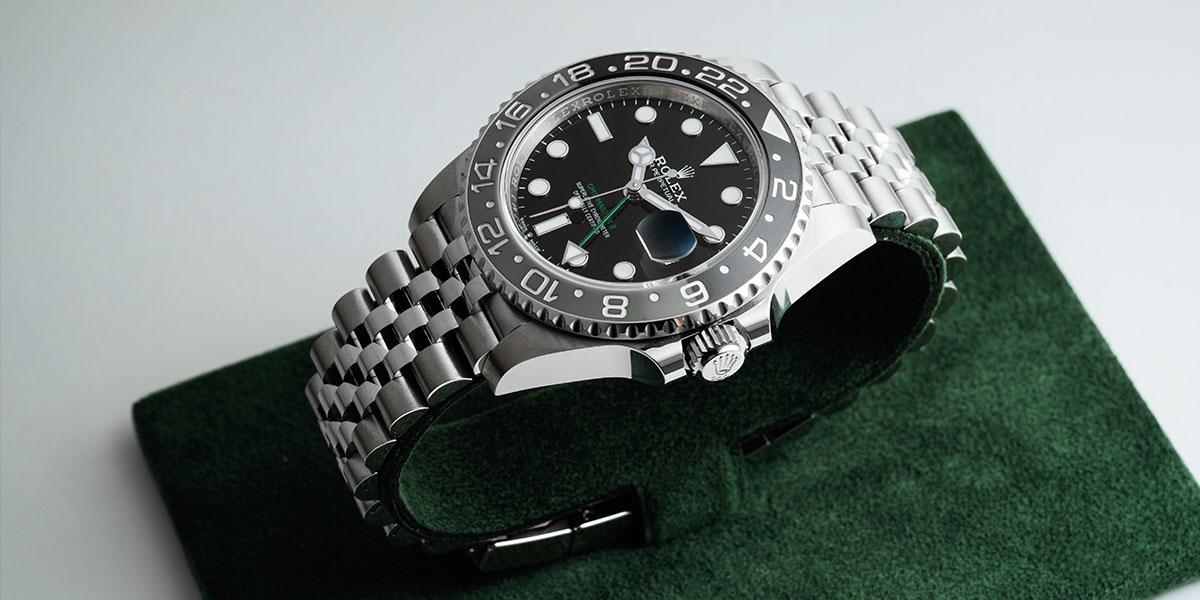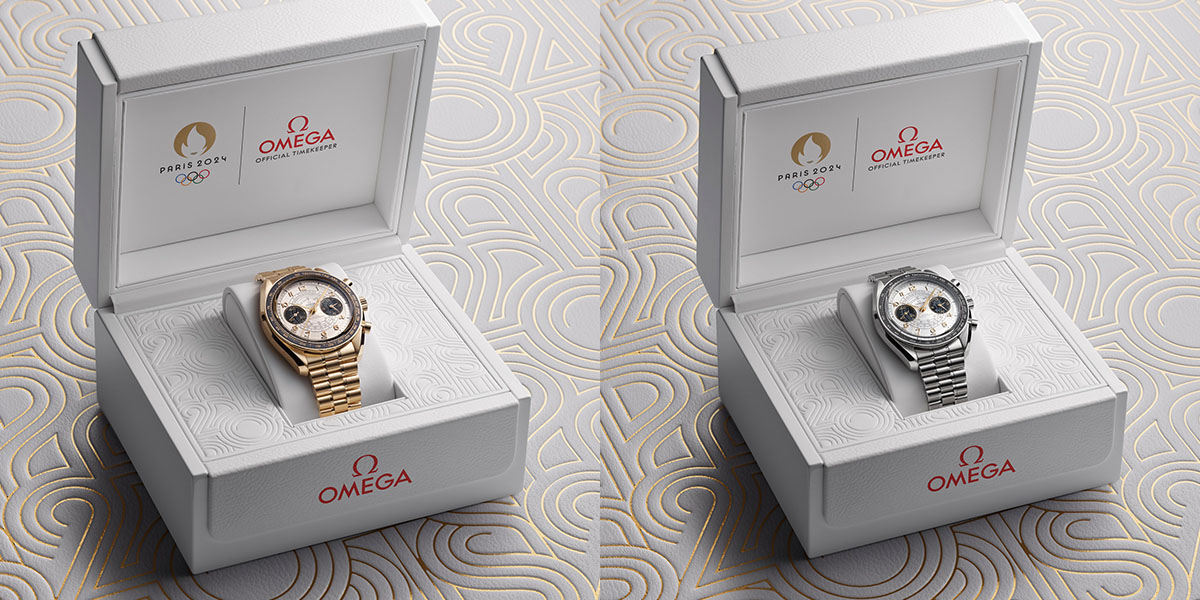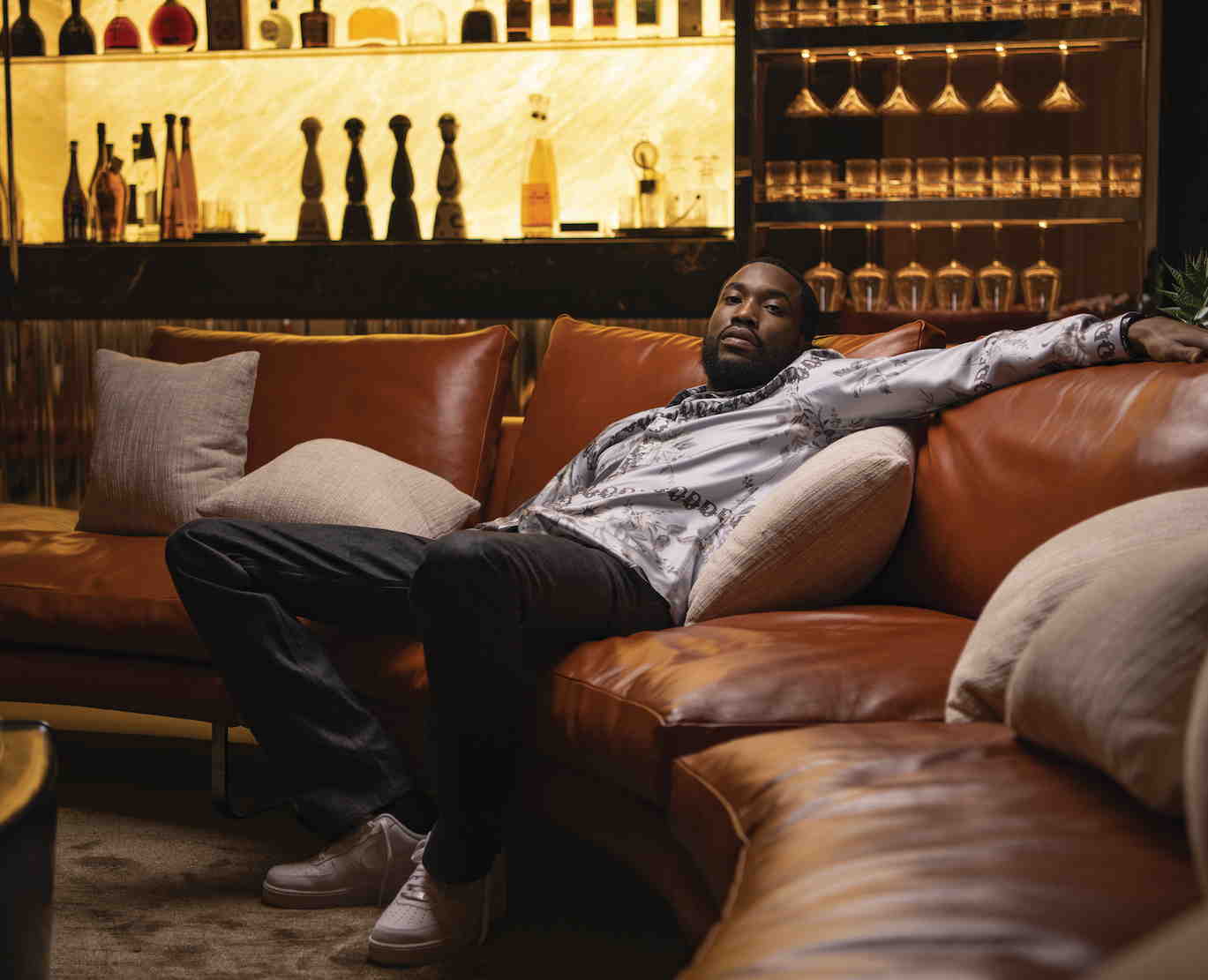
Meek Mill Gets Real On The Cost Of Freedom And How He Decided To Control His Own Business
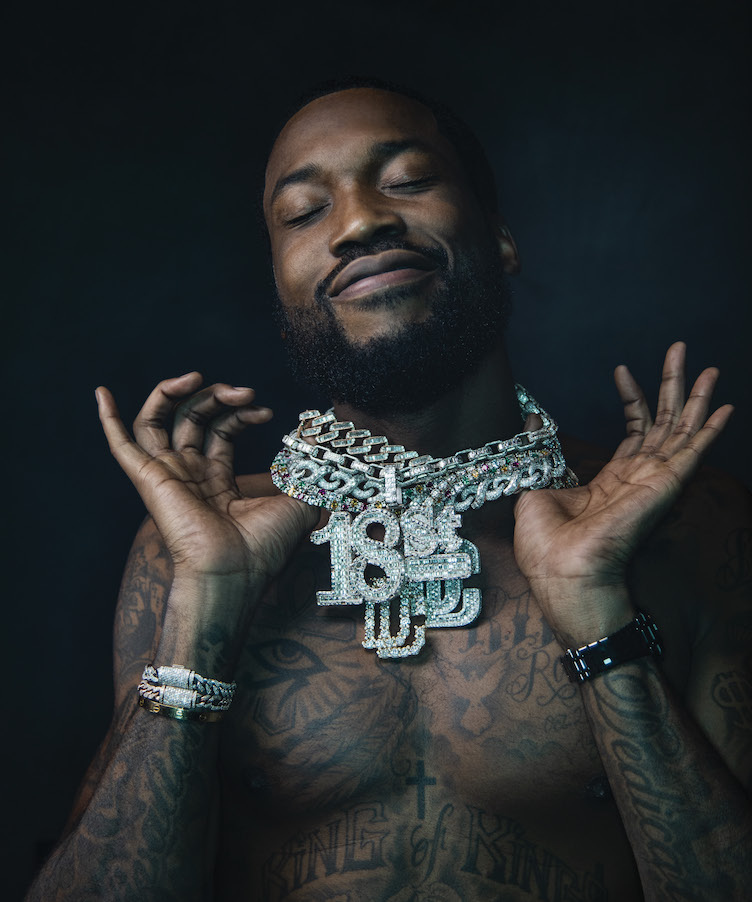
JEWELRY: His own
Photo Credit: Scott McDermott
MEEK MILL GETS REAL ABOUT THE COST OF FREEDOM, THE STRUGGLE TO KEEP IT REAL AND SHOWING VULNERABILITY ON HIS FIRST ALBUM IN THREE YEARS.
BY LAURA SCHREFFLER
PHOTOGRAPHY SCOTT MCDERMOTT
STYLING TUKIE BABUMBA AND ADRIENNE FAUROTE
SHOT ON LOCATION AT MICHAEL RUBIN’S PENTHOUSE, NYC
When Meek Mill wants the world to fade away, he gets lost. Or maybe I should say the 34-year-old rapper from South Philly gets found, in the sense that he finds inner peace by hopping on one of his 25 dirt bikes and hitting the streets hard, the wind in his hair and the buzz of his bike a welcoming sound.
“When you ride, you’re free,” he explains from his New York City home during our October interview over Zoom, a huge, wildly colorful painting of his late friend Nipsey Hussle looming larger than life over his head. He himself has that same kind of plumage, peacock-brilliant in a bright yellow Supreme jacket and a T-shirt of his own design. “There’s no phone, nobody can bother you. You’re in your own world. You’re thinking about getting to your destination, your safety. You’re in your own zone.”
It’s no surprise that freedom is his priority. Up until July 2019, Meek, born Robert Rihmeek Williams, had been stuck in a seemingly endless and frustratingly familiar loop within the criminal justice system, shuffled in and out of prison, to and from court hearings, incarcerated or on house arrest, for more than a decade — all on technical probational violations stemming from a 2008 gun conviction. It’s always been a contentious case: the arresting officer was the lone testifying witness, and though he has since been discredited, it was enough to earn Meek a sentence of 11 to 23 months in jail with a probation period that seemed to last an eternity. His last incarceration in November 2017 — from a reckless driving charge in New York City for popping a wheelie — spurred the international #FreeMeekMill movement, spearheaded by Jay-Z and Philadelphia 76ers partner Michael Rubin (whose New York home serves as our shoot location), which ultimately resulted in Meek’s release on bail in April 2018 and eventually led to his original conviction being overturned.
And now he is free. But it came at a cost — the price of which is the focus of his fifth studio album, Expensive Pain, his first effort since 2018’s Grammy-nominated Championships. It is a wonderfully descriptive, fabulously poetic title for a man who has rid himself of his literal shackles but is still feeling the effects of his metaphorical ones.
“There are so many different meanings behind Expensive Pain, but it’s basically everything I went through to get to where I am right now,” he confides. “I made my money off of everything I’ve been through: spending time in prison, growing up in poverty.”
As for the title track, he was in the studio with Brent Faiyaz, freestyling and laying down tracks for the album, when the lyrics “This expensive pain/went through some shit about this money/I seen some niggas change, expensive pain/A million on the Richard, and it’s plain/And it’s crazy, I never check the time in all expensive frames” spilled from his mouth, leading to one hell of a deep discussion. “We started talking about everything that was expensive pain to us. Having to be away from our families while we have to work, have to make money, we call that ‘expensive pain.’ I thought that phrase was fire,” he explains. The very next day, he made it his album’s title.
The record is in equal parts soul-searching, anthemic, explosive and highly confessional. Meek touches on topics including mental health and criminal justice reform and takes ownership of who he is, refusing to hide or cower behind a public persona. But given that his life has played out so transparently in the public eye, that was never really an option anyway.
“My life is what it is,” he says with a shrug. “That’s why I always talk about protecting yourself in a dangerous environment. I grew up in Philadelphia, where there are 500 murders a year. It’s worse than a scary movie. I would like people to know who I am and where I come from and not just have them place a certain type of image on me. I have nothing to hide about my personal life. I ain’t living a criminal lifestyle. I won’t say I’m an angel, but I don’t do crime. Where I come from is so bad that it’s easy to talk about now, where I’m doing so good in my life.”
That being said, as much as he’s an open book, there are things he deliberately keeps tucked away, especially when they pertain to his feelings. Take the track “Love Train” as an example. He raps “I tried to give you all my blessings, but you couldn’t receive it/’Cause you was listenin’ to people that was listenin’ to people/I had to get up and leave you ’cause you couldn’t even see it.” See? Heavy.
“On ‘Love Train’ I’m saying a lot of things that I don’t really want to say. You know when you’re thinking about something but don’t want to tell everybody? That’s this. I’m being vulnerable in that song, saying things I don’t really want people to know about but that I say anyway, because that’s the way I felt. That track is the one with all my soul, my whole heart. That’s my real feeling song,” he admits.
But because this is Meek Mill, the album still has his signature battle rap style, plenty of punch and collaborations for days. “Hot” with Moneybagg Yo and “Me (FWM)” featuring A$AP Ferg are club crowd-pleasers, and “Ride for You” with Kehlani is a feel-good anthem that deep-dives into the glory days of hip-hop and “Angels (RIP Lil Snupe)” is a heartfelt track dedicated to his late 18-year-old rap protégé, Lil Snupe. Lil Baby, Lil Durk, Young Thug, Vory, Giggs and Faiyaz also appear on the album, which debuted at No. 3 on Billboard’s Hot 200 chart on October 1. Ahead of its release, Meek draped the cover art, created from an original painting by renowned abstract artist Nina Chanel Abney (whom he met on Clubhouse), across several landmarks and billboards across the country, including boats in Miami, buses in Philadelphia, murals in Los Angeles, billboards in Times Square and trains in Atlanta, to build the buzz his work so rightfully deserves.

PANTS: Louis Vuitton (his own)
SHOES: Nike Air Force 1
WATCH: Audemars Piguet (his own)
JEWELRY: Cartier (his own)
Photo Credit: Scott McDermott
If the album seems like a mixed bag, well, that was intentional; it’s how Meek operates. “I’m an organic artist,” he explains. “I don’t really record with artists that send songs unless it’s a super hit, something I know is extremely good. The way I do my music is this: me and A$AP Ferg might go the club or hang out after dinner and say, ‘Let’s go the studio to vibe,’ and we make songs. I record in New York, and there are always a lot of artists that I’m cool with who stop by here. Me and [Lil] Uzi are about to do this right now. I don’t know what type of music we’ll create, but when we put our energy together, we just cook. It’s a new, disruptive thing we’ve been doing. You don’t really plan stuff; you let the magic happen.”
That magic keeps happening because he follows one simple rule: to thine own self be true. “When I rap, I’m explaining my story and my pain in real time. If you can’t relate to it in your world, at least you’ll experience it from my world, see what I went through. I try to say things that have happened to me that other people identify with. You don’t have to be from the hood to be betrayed. You don’t have to be from a bad environment to know loyalty or have morals. I try to say things that connect with people from different cultures, that resonate with everyone but are still directly part of my story.”
That includes his days in jail. While it was one of the worst times of his life, it also gave him an outlet to connect with fans and to bring others hope. “I’d rap about how me going to prison as a millionaire was a depressing situation, and I’d receive letters from fans saying that my raps gave them the strength to push through their situations, too. I know the power of words, so I try to connect to people and give them the feeling that when they hear my music, they ain’t tripping. Other people are going through things that I’m going through, too. I think it’s important to have that connection. It’s my responsibility as an artist.”
But it’s also his fiscal responsibility as an artist, I would say, to indulge in the things that only true celebrities do, that “extra” we all covet that makes them, well, celebrities. And Meek definitely enjoys the perks of fame, even rapping about them on tracks like “Outside (100 MPH)” and “Sharing Locations.” But is he comfortable with them? Actually, surprisingly, not really. At heart, he’s still a punk kid from the rough part of Philly.
“I went to J. Cole’s [Oct. 4 show in Washington, D.C.] in a helicopter with a friend who just got out of prison,” he shares. “I don’t come from that background where you fly anywhere in a helicopter or live expensive. I haven’t gotten used to it yet, but I also try not to use that mind frame where I get used to it. I try to be humble and enjoy the [juxtaposition] of where I come from and where I’m at now.”
He is adamant, vehement even, about stressing the importance of normality in his life. I get it. Up until now, his life has been anything but. And it’s impressive and potent that he refuses to adhere to the niceties dictated by society. He is who he is, we all know who he is, and he’s never going to be anything but that. That’s no mean feat in a modern world that’s dictated by pretense and picture-perfect curated lives.
“It’s always been important to me to be normal,” he says. “And as a celebrity, there’s a certain way you’re supposed to carry yourself. But I’ve always been kind of a rebel. I’m not perfect, and I’m not trying to say that I am. I’m not trying to look a certain way or let people put me in situations where I feel uncomfortable. I try to find a balance where I have enough of a respect barrier with people that they give me space so I can remain who I was before I came into the music industry.”
Mission accomplished.
THE PRICE OF PAIN
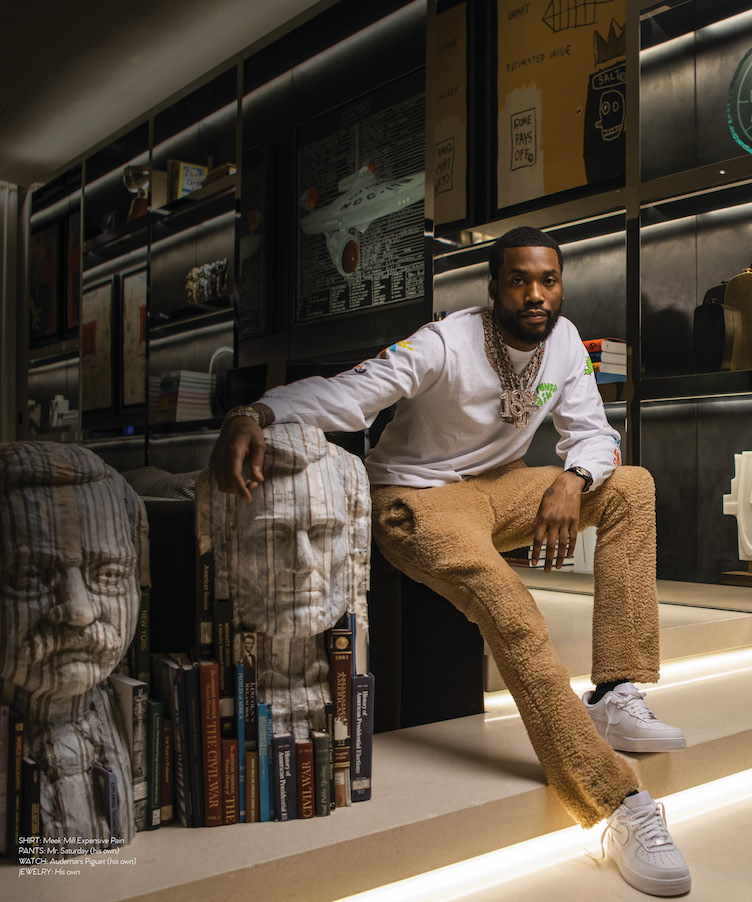
PANTS: Mr. Saturday (his own)
WATCH: Audemars Piguet (his own)
JEWELRY: His own
Photo Credit: Scott McDermott
Sometimes life isn’t fair. It can be a real bitch, to be honest. Meek Mill had a brief taste of freedom before the pandemic shut the world down, and he actually had Covid-19 — for a month— before anyone even knew what it was.
For six months, he went into full-on lockdown mode, sequestering himself at his home in Atlanta with his mom, aunt, sister and kids. And while he did work, he did not rap. Yet another form of house arrest does not equal inspiration.
“I wasn’t in a rapping mood,” he admits. “I had a baby [Czar, now a year old;] a brand-new son. I wasn’t running the world like I usually do, so I [tuned into] my business side instead of my creative one. When it was time to get out of quarantine, I had the material that I thought was ready to drop. I had the album, but what I really wanted to do was fund the album myself this time.”
He’s definitely been making strides in a business sense. In addition to working with athleticwear retailer Fanatics, Meek is a co-owner of sports apparel retailer Lids, the largest seller of hats and licensed sports products in North America. He’s also the president of Dream Chasers, his record label that’s part of a joint venture with Roc Nation. He is a cofounder of the REFORM Alliance — his partners being Jay-Z, Michael Rubin, Robert Kraft, Robert F. Smith, Clara Wu Tsai, Laura Arnold, Michael Novogratz and Van Jones — which launched in January 2019 and aims to advance criminal justice reform and eradicate outdated policies that perpetuate injustice in America (even winning this year’s Nelson Mandela Changemaker Award for his work as cochair within the organization). And now he’s growing up, leveling up and looking even more closely at life beyond music.
“I’m just getting into the world of learning how to handle these companies,” he explains. “Quarantine was the perfect time to sit down and really learn how to control my financials and understand financials at a real level. I know how to count, how to add and subtract, but to understand how to maintain businesses and how to keep my brand growing, I needed to do more. I’ve been in the game for 10 years; I have to be strategic at this point.”
So he learned the way that a modern entrepreneur would: Clubhouse. “We called them ‘culture currency’ courses — you can be an artist, an athlete, in fashion, in the music industry, work in Silicon Valley — but you have to be somebody powerful. We’d have big group texts and also use Clubhouse for these meetings. We’d talk about art, Bitcoin, everything. Troy Carter, Lil Baby, Delaney — we had a group that came from all walks, and we’d trade game. That started in quarantine, and it never stopped.”
As previously mentioned, Clubhouse was how he found Nina Chanel, the artist who created his Expensive Pain album cover. And it was Nina and his Clubhouse crew that got him back into actually making art again. He created graffiti-inspired apparel — hoodies and T-shirts — in line with Nina’s style, which he not only drew himself but has been selling as NFTs. That the art resembles graffiti is, of course, no coincidence.
“I used to be an artist. When I was 6, 7 years old, I was into the break-dancing and spray-painting world. When I turned 12, [I turned to] the drug world, the violent world you need to get by, which disrupted me from my art. I stayed with rap because rap was cooler in my community. It happened to work out for me, but art’s always been in my heart. But now that I do music as a career, I get the chance to have fun with other things that I wouldn’t have otherwise.”
It’s just a hobby right now, he says, but he’s got a “vibe board” — vastly different from the vision board that exists only in his head — where he sketches and works on ideas.
Because Meek has such faith in himself and such drive, he’s at a place in his life where he will only do what he wants to. There’s been too much wasted time in his 34 years to squander any more.
“I really pursue what I want to do, what makes me happy,” he declares. While that does include keeping his fans happy and trying new things, like acting (he starred in the 2020 independent drama Charm City Kings), he has to do what feels right, what feels true on a personal level, too. Even when that isn’t the easiest or kindest thing to do. Like telling his family to back off and give him space, for example.
“I could go to a family cookout with people I grew up in the same house with but haven’t seen in a while, and there might be 10 people talking to me at once because they’re excited to see me. But that would make me leave a family event a little bit faster because I’d be overwhelmed. My closest family members, they know my character. I’m a little shy — I don’t want to be put on the spot, especially at a family event. Finding your comfortability and giving the people you love that respect and not forgetting who you are is important.”
When I express surprise that Meek might describe himself as shy, he owns it. “I am shy,” he says. “I don’t like being on the spot. But you might see me on the stage, in front of 50,000, 100,000 people, and be like, ‘How are you shy?’ I wouldn’t say I’m fully shy, but I don’t like to be the center of attention. I’ve always been like that, since I was a kid in the classroom. That’s carried on with me throughout my life.”
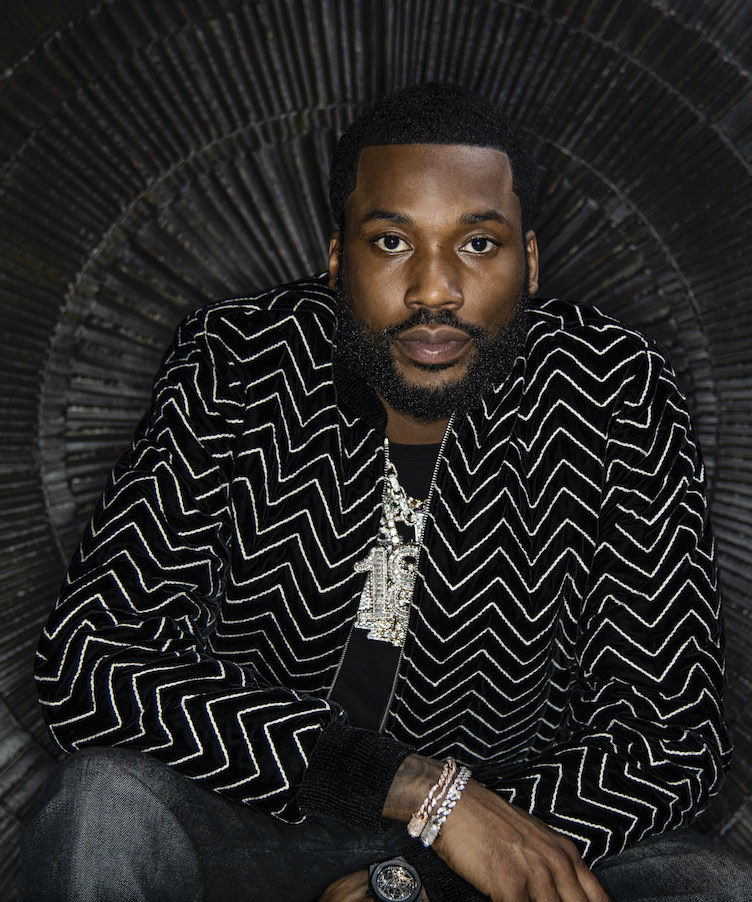
TSHIRT: Paper Planes (his own)
PANTS: Louis Vuitton
SHOES: Nike Air Force 1 x Supreme
WATCH: Audemars Piguet (his own)
JEWELRY: His own
Photo Credit: Scott McDermott
He’s certainly not shy when he’s in the club, though — then Meek is totally in the zone. When he sees someone he likes, he goes for it, albeit stealthily.
“If I want to get a girl’s number, I want to do that in private. I don’t want everyone looking my way. I’m sending a DM; I ain’t going to lie. If I can’t get to you and I like you, then that’s what it is. Also, sometimes you don’t want to put a woman on the spot like that. A hundred eyes are going to turn when I walk in your direction. Being a celebrity, you’ve got to find a line where you create your own space and be comfortable enough to carry on and be a beast. I try to stay low, even when it’s lit.”
That’s the thing about Meek Mill. I haven’t known the guy long, but there is a raw honesty about him that speaks volumes. When he says something, regardless of whether he’s discussing his childhood of poverty or his current extreme wealth, it’s without inflection. This is him, all of him, every flaw. Take it or leave it.
Because he’s well versed on the subject, I ask him what he considers to be the greatest luxury in his life. The question is an easy one for him. “Coming up from any situation that is worse,” he says. “Actually achieving my dreams and believing in myself. Knowing that I have, that I do, is the greatest feeling. I knew that one day I was going to be a millionaire, that I was going to take care of my family. And I have; I’m successful. I’ve carried my family out of poverty. I’m raising two sons. Those things make me happy. Nobody in my family ever went to college. I’m the first generation of people who even made it to a successful status of being past middle-class financials. That’s important to me, to be able to carry that weight. Obtaining that, manifesting that, is my greatest achievement.”
He always knew he was destined for greatness. He had faith, even as a child. His 10-year-old self knew that one day he would make it out of the hood and be someone of value. This determination has carried him a long way. “I had a vision in my head that I wasn’t going to be a normal person. I come from poverty, I come from failure. Only one percent of the people [that grew up where I did] make it, but I just made the decision that I would be that one percenter.”
Ironically, Meek’s eldest son, Rihmeek, is currently 10 years old. And in his dad’s opinion, that’s old enough to reach for the stars. He did at the same age, after all.
He says, “My son is playing football right now. I’ve been giving him lessons about working harder than all the other kids. I tell him to find the hardest-working person on his team and work harder than them. Build muscle fast, work out, be strong. I’m teaching him how to get ahead in life. My father [was murdered when I was 5 years old]; I didn’t have anyone to tell me how to get ahead. I don’t want that for my son; he won’t experience what I had to go through. He’ll be able to have a faster way to get to where he wants to go in life.”
Meek might not have had his father as a guide, but he did have a teacher who inspired him. At the time, he didn’t quite realize that he was being inspired, but he gets it now. Oh, how he gets it.
“Back in the day, when we used to get in trouble, one of my teachers made me write on the chalkboard hundreds of times, ‘I have very high self-esteem.’ I used not to know why she made us write that, but now I realize that she knew exactly what we were going through at home, in our neighborhood. And because of that, I grew up with that mindset to have self-esteem, that I couldn’t fail. And if I did fail, that I was going to get up again until I won. It’s the greatest gift, being able to believe in myself. And it’s been working in my favor, so I’ll never stop.”
So what if that belief came at a price? Meek Mill is strong, and he’s resilient. This is one cost he can definitely afford.
 SIGN UP
SIGN UP

